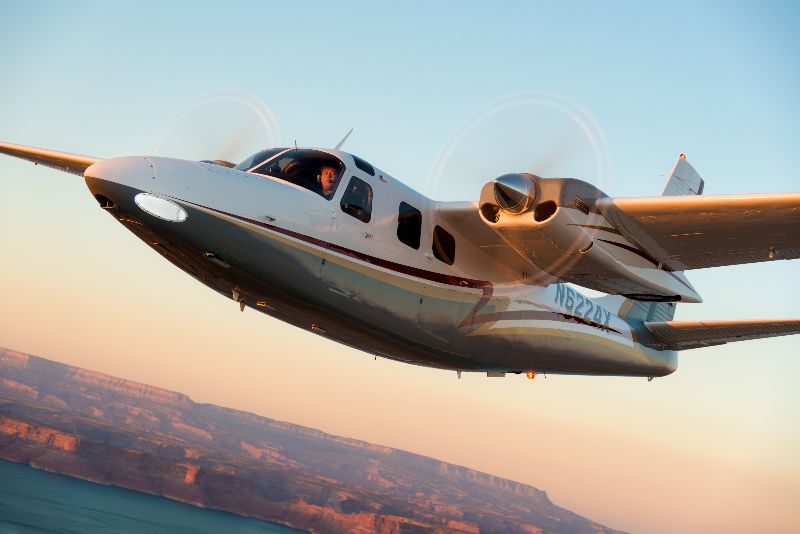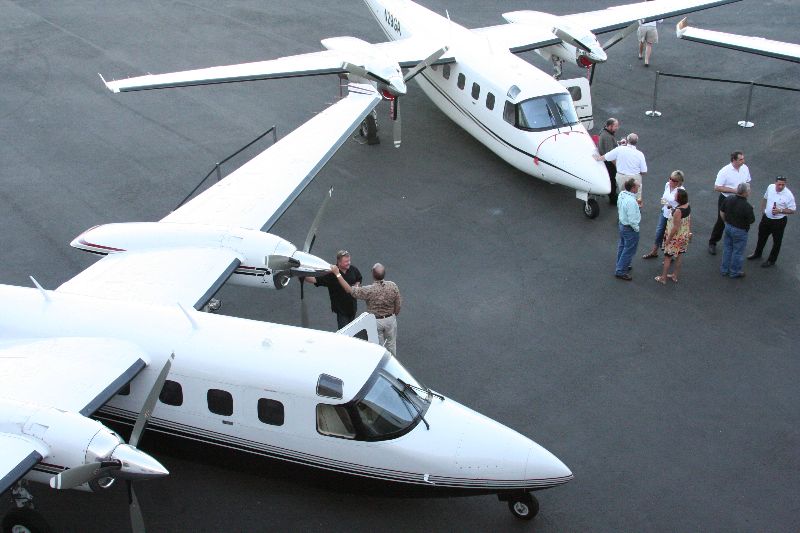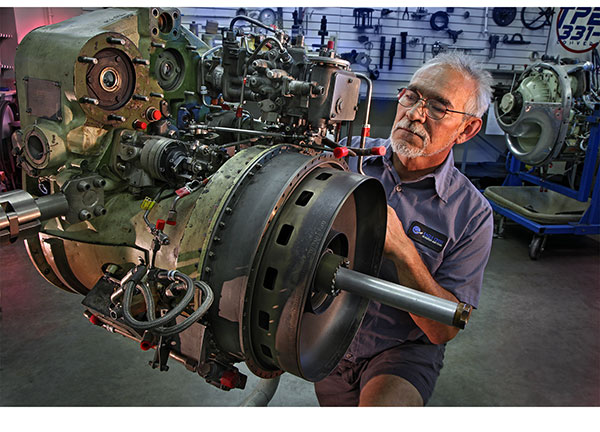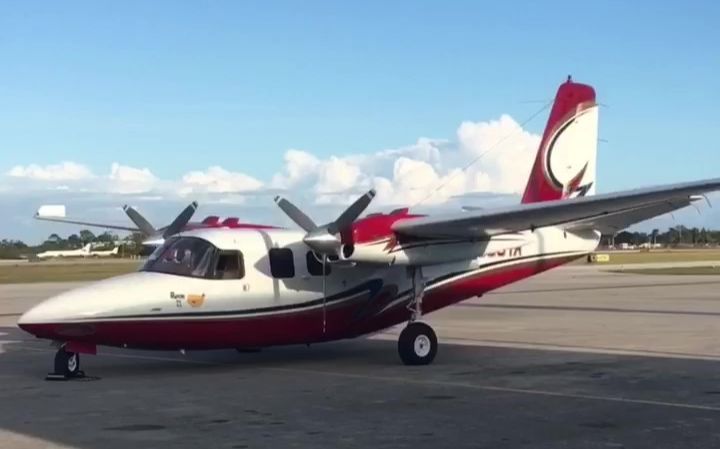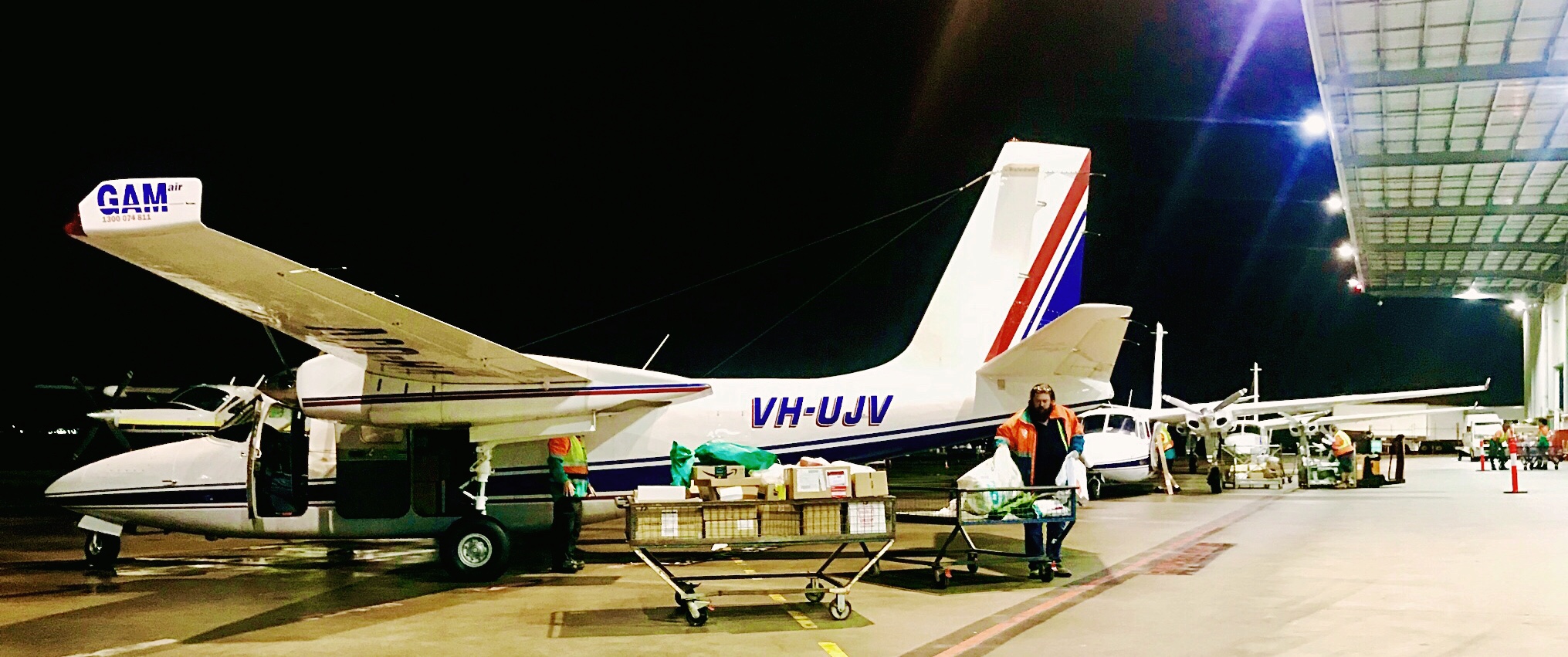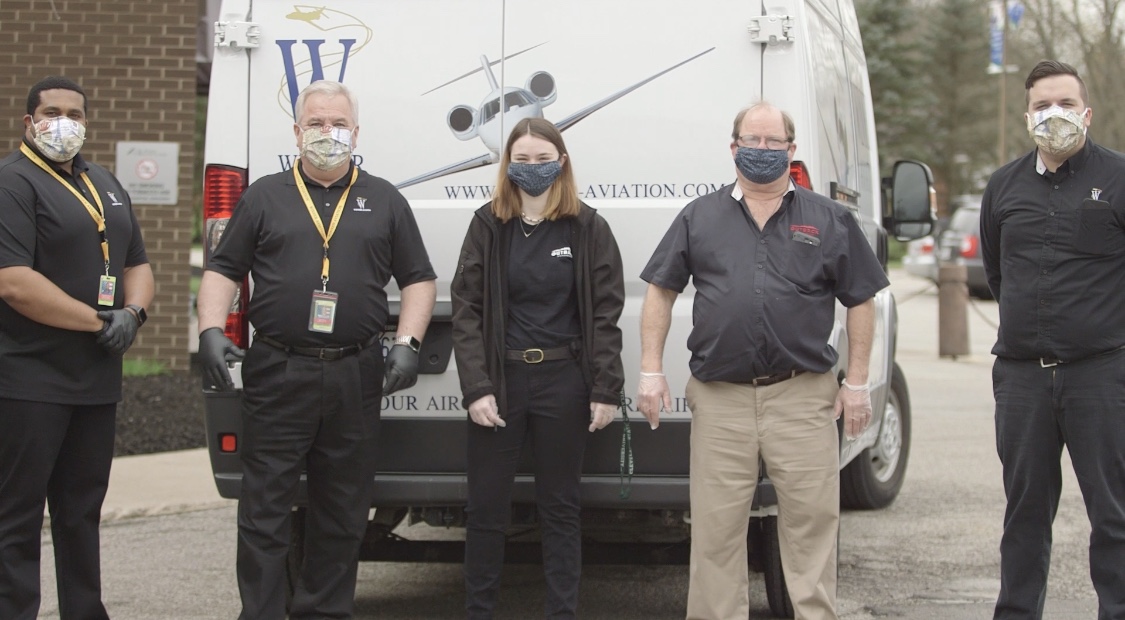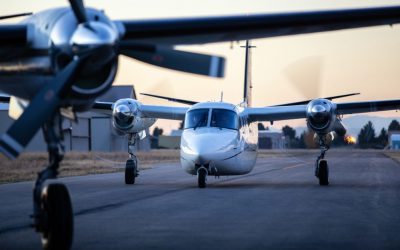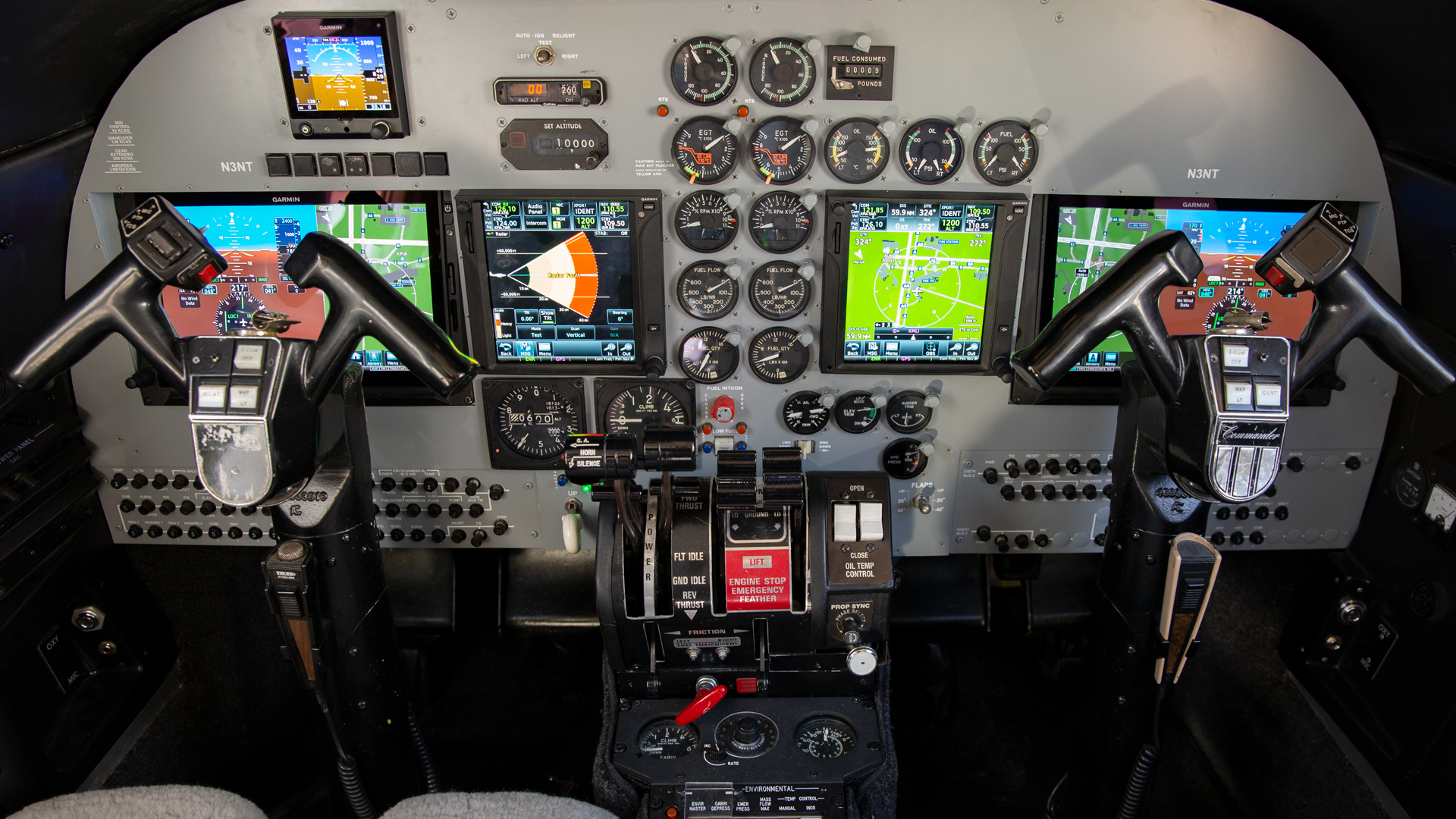Technicians Urged to Follow Maintenance Manual During Inspections
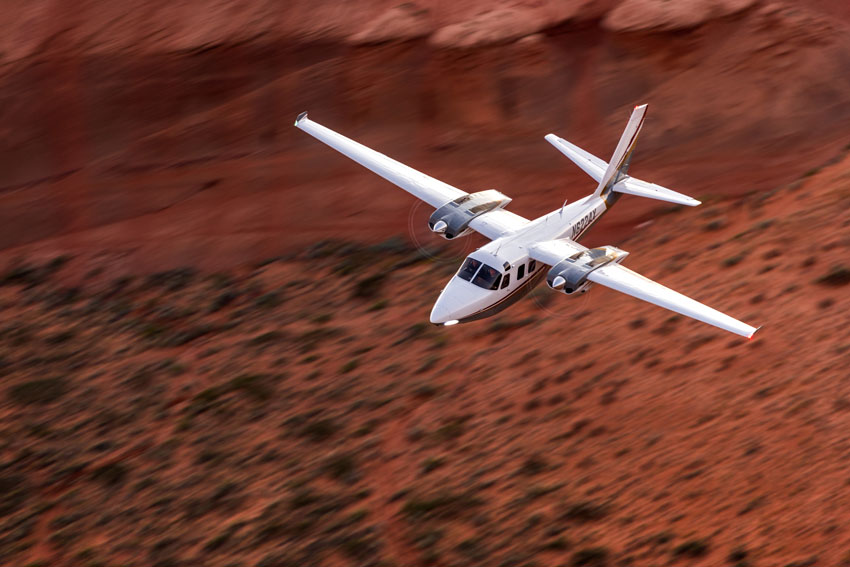
Twin Commander Aircraft is asking technicians to use the factory maintenance manual during annual inspections of all Twin Commander aircraft, in particular the piston-powered models. Many technicians follow an official checklist for the inspection, but the factory is urging them to follow the complete guidance for annual and recurrent inspections in Section II of the maintenance manual. Specifically, all technicians should reference Part IV Special Inspection Requirements of Section II for detailed information on inspection intervals and procedures that supplement the basic inspection requirements. Part IV covers items such as inspections after hard landings, as well as special inspections that don’t precisely follow the annual inspection schedule. The checklist doesn’t include these items, and can result in an incomplete inspection.
Twin Commander Flight Group Hosts Successful In-Person Meeting

In-person events are rare these days, but the Twin Commander Flight Group bucked the trend and held its annual meeting in-person earlier this month in Rock Hill, South Carolina. Aircenter, Inc.’s Gary Gadberry was elected as the group’s new president after longtime head Jim Metzger retired. Gadberry said the event drew three piston Commanders and two 840s. “This has been a goofy year to try to pull something like this off,” he said. “But most everyone was excited about it.” There were social events and presentations on important topics, such as the difficult insurance market. Twin Commander Aircraft’s Pam Brown gave a presentation on factory programs, parts support, and new employees. “The idea of the group is to draw a closer feel to the Twin Commander aircraft,” Gadberry said. “Without the factory there’d be no support for the legacy airplanes. We feel like the timing is good for Twin to participate more in piston-powered airplanes.” Next May the group is planning a Caribbean fly-out that will take them through Florida, Puerto Rico and the U.S. Virgin Islands. “I think everyone’s ready for 2021,” Gadberry said.
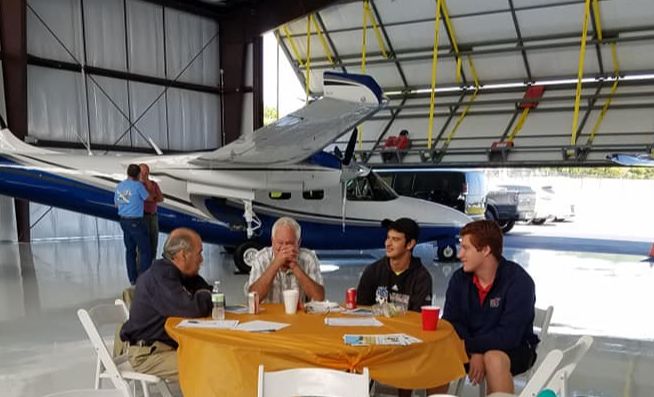
Fall Flight Levels Now Online
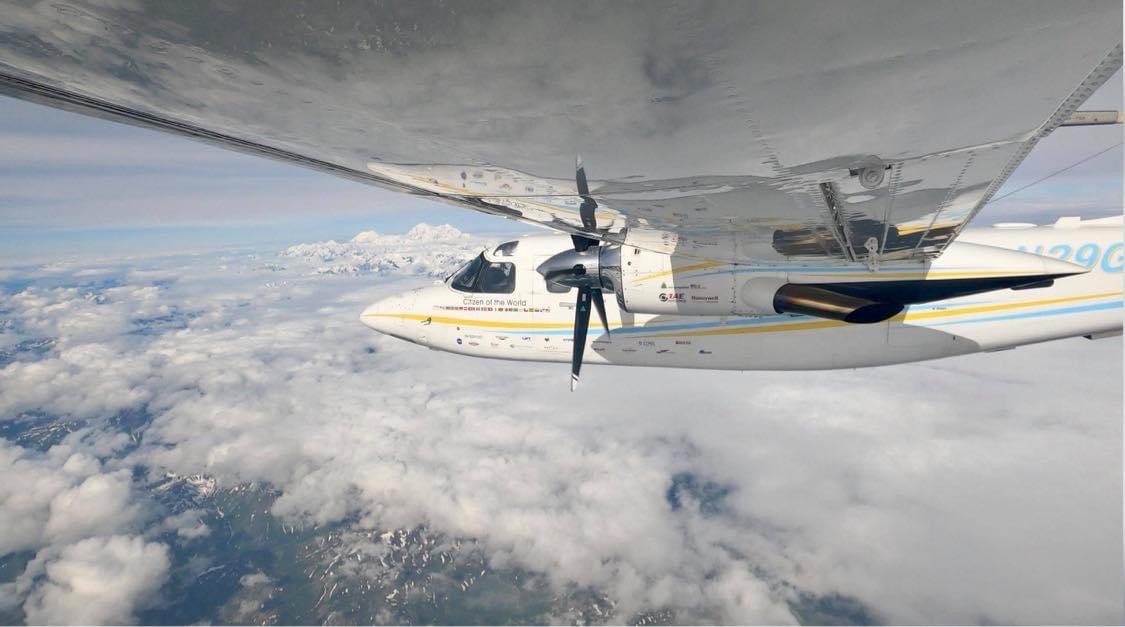
Ever wanted to fly around the world? With the latest issue of Flight Levels Online you can. Follow along as Twin Commander owner and pilot Robert DeLaurentis details his polar circumnavigation, including those harrowing moments at the top and the bottom of the earth when things didn’t go quite as planned. Closer to home, check out National Flight Services, one of the world’s best Honeywell facilities that is also a top-notch Twin Commander Factory Authorized Service Center. Also, find out why the used market is so hot, look back at the JetProp 980, learn how to keep your turbines turnin’ and how fuel flow can help with power changes.
You’ll find all this and more in the latest issue of Flight Levels Online.
Business Is Brisk at Service Centers
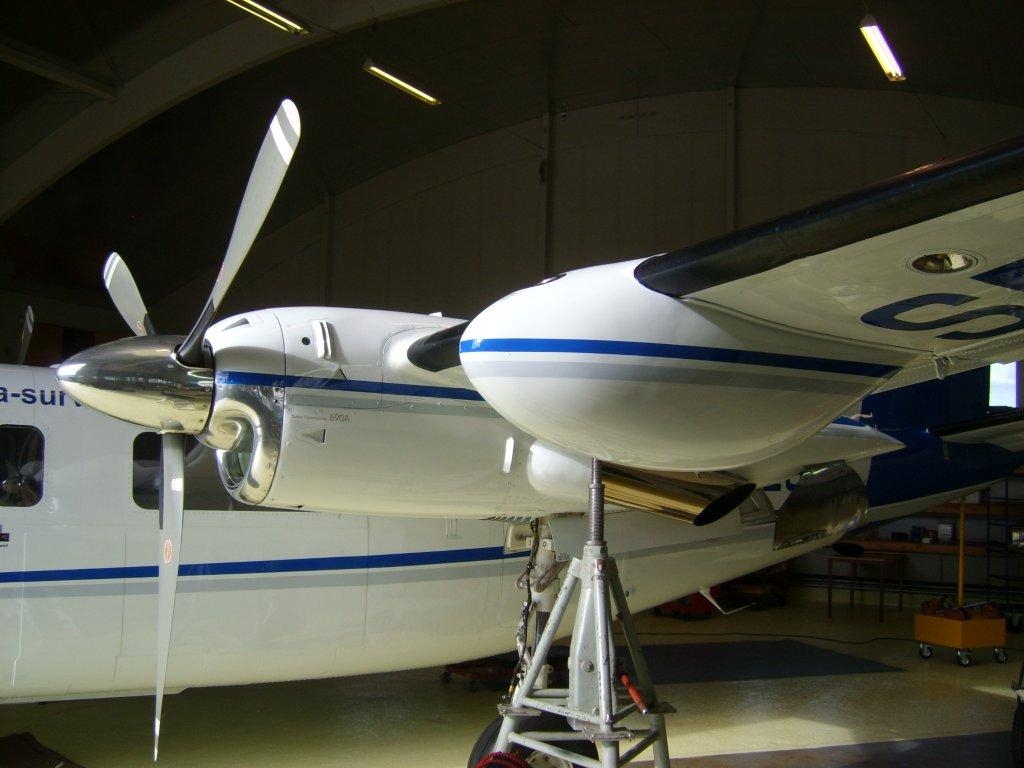
The Coronavirus pandemic may bring a multi-year downturn to the world’s airlines, but it is not slowing down general aviation and Twin Commander Factory Authorized Service Centers. Aircraft sales are booming, activity is up over seasonal norms, and aircraft charter is coming back to pre-pandemic levels in certain sectors. A representative from Eagle Creek Aviation Services said their charter business went from 30 hours a month when the pandemic struck in March to more than 130 hours a month through the late summer. On average he said they were picking up five new customers a week who were fed up with the airlines. Eagle Creek also recently refurbished three Twin Commanders for Conair Aerial Firefighting.
Winner Aviation, Aero Air, and Gemini Air Group have all recently expanded technician staff to handle increased demand. “When I look at what’s happening at the Twin Commander Factory Authorized Service Centers, I feel good about the future,” said Business Unit Director Brian Harbaugh. “It’s a good time to be part of the Twin Commander family.”






